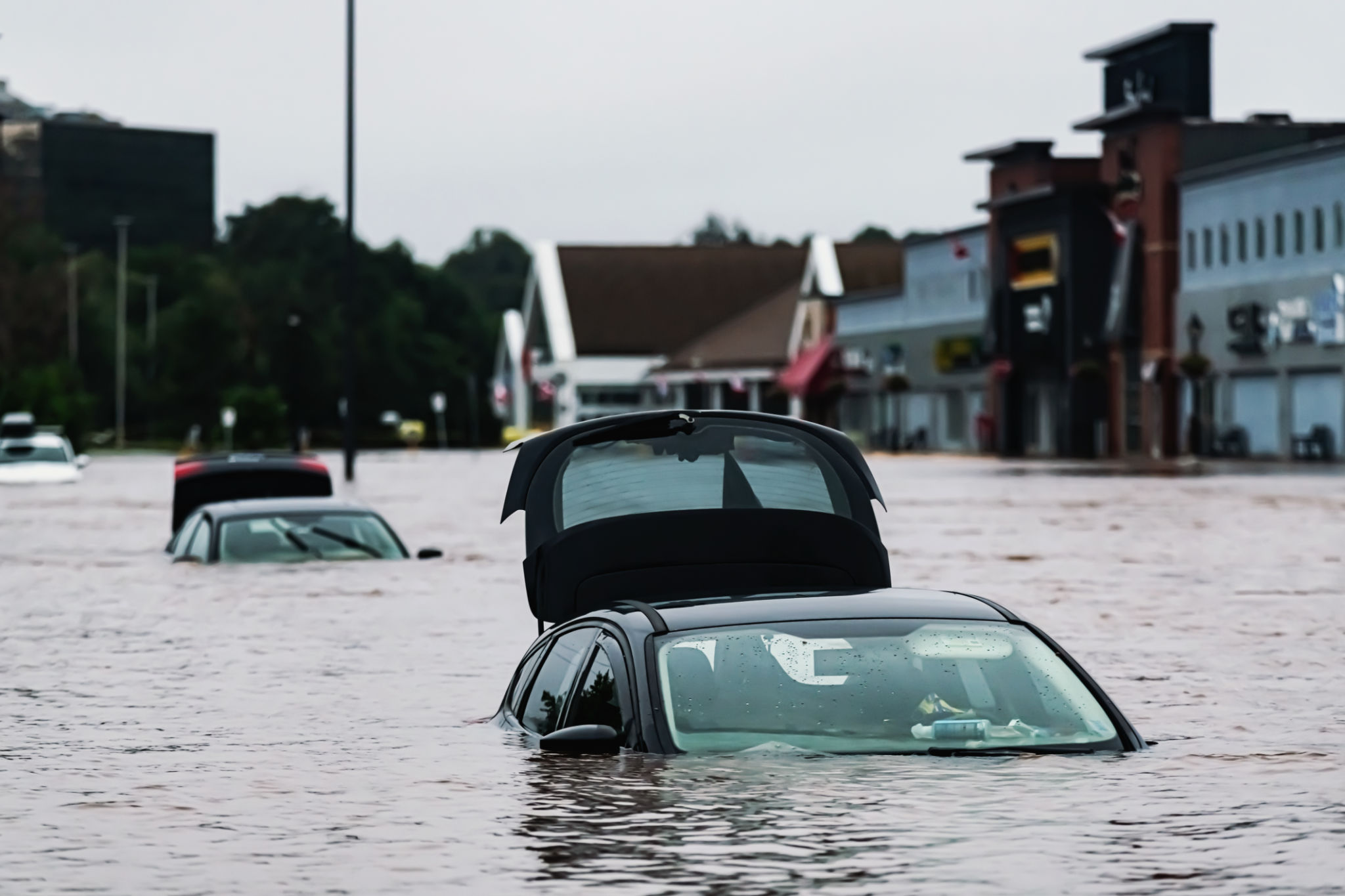Mystery and Science Fiction: Unveiling the Dark Future of Dystopia
The Allure of Mystery and Science Fiction
Mystery and science fiction have captivated audiences for generations, transporting readers to worlds filled with intrigue and speculative wonders. These genres often intersect, offering a unique blend of suspense and futuristic imagination. In particular, the concept of dystopia has emerged as a powerful narrative tool, reflecting societal anxieties and probing the dark potential of humanity's future.

The Core Elements of Dystopia
Dystopian fiction typically portrays a world where oppressive societal control exists under the guise of utopian ideals. This genre explores themes like totalitarian governments, environmental disaster, and technological dominance. The allure lies in its ability to critique current societal trends by exaggerating them into extreme futures. This often leaves readers questioning the trajectory of their own world.
Common characteristics of dystopian societies include:
- Loss of individual freedom
- Surveillance and control
- Scarcity of resources
- Environmental degradation
- Technological manipulation
The Role of Technology in Dystopian Futures
Technology often plays a dual role in dystopian narratives. While it offers the promise of progress and convenience, it simultaneously serves as a tool for control and dehumanization. In many dystopian stories, technology is used to monitor citizens, manipulate information, and suppress dissent. These tales often serve as cautionary warnings about the unchecked advancement of technology without ethical considerations.

Authors like George Orwell with "1984" and Aldous Huxley with "Brave New World" have vividly illustrated the potential dangers of technological overreach. Their works continue to resonate because they address timeless concerns about privacy, autonomy, and the essence of humanity.
Environmental Collapse as a Dystopian Theme
Another prevalent theme in dystopian fiction is environmental collapse. As climate change and ecological disasters become more pressing realities, fictional depictions of barren landscapes, polluted cities, and resource wars become increasingly relevant. These narratives explore the consequences of human negligence and exploitation of the planet.
Stories such as Cormac McCarthy's "The Road" paint a vivid picture of a world ravaged by environmental catastrophe, prompting readers to reflect on their environmental impact. This aspect of dystopian fiction serves as both a warning and a call to action.

Dystopia as a Reflection of Societal Fears
Dystopian narratives often hold up a mirror to society's deepest fears. By exaggerating current challenges or trends, these stories magnify potential futures that could arise if these issues are left unaddressed. This reflection can provoke thought and inspire change by highlighting what might be at stake if society continues on its current path.
The power of dystopian fiction lies in its ability to engage readers with compelling narratives that balance entertainment with thoughtful critique. Through the lens of mystery and science fiction, these stories invite us to ponder not just what the future might hold, but also the steps we can take today to prevent dark outcomes from becoming reality.